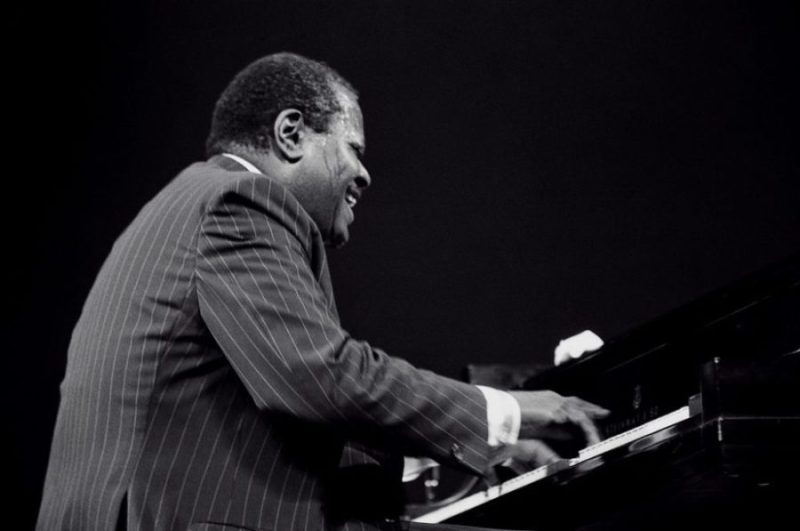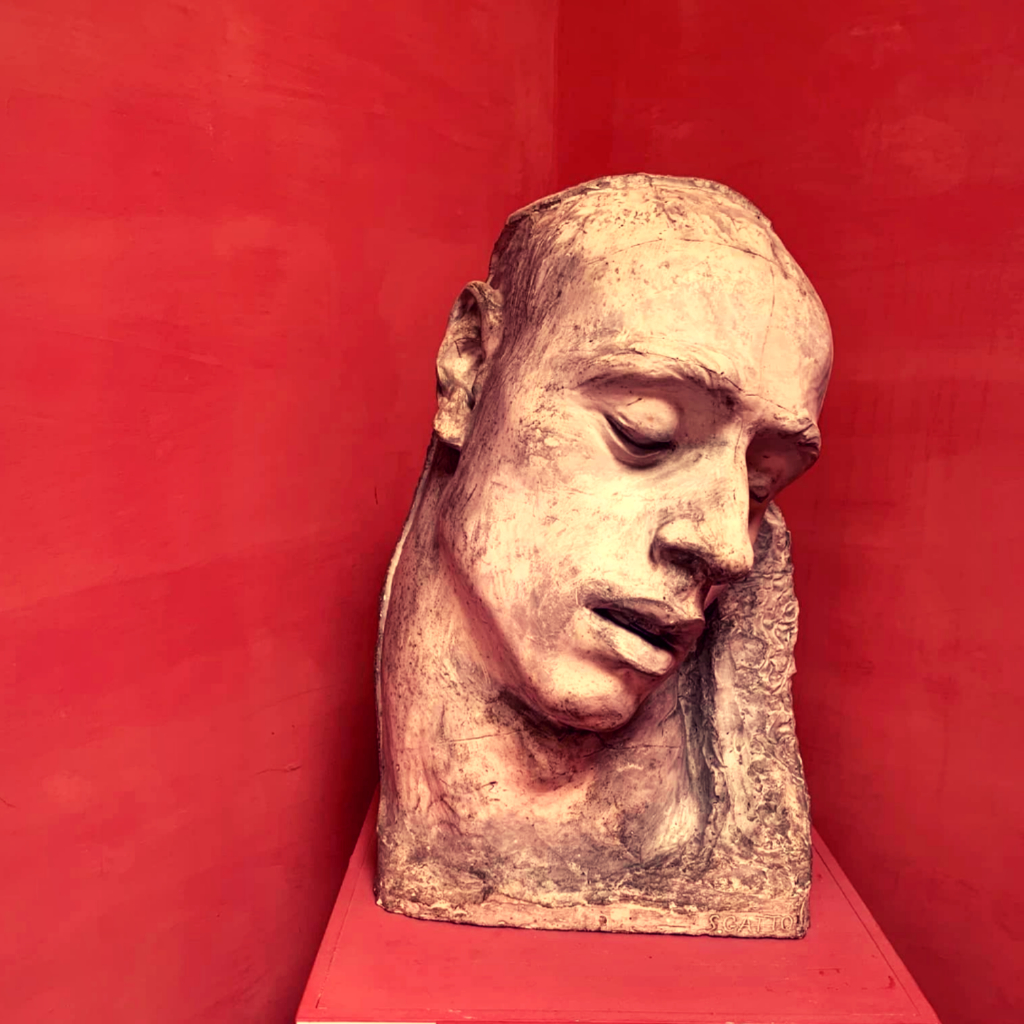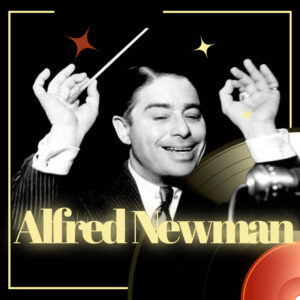
Fans of the incredible jazz giant Oscar Peterson got lucky with the release THE OSCAR PETERSON QUARTET – LIVE IN HELSINKI, 1987.
“In 1987, jazz immortal Oscar Peterson led his quartet—featuring Joe Pass, Dave Young, and Martin Drew—through the final engagement of their 14-concert European fall tour at Helsinki’s famed Kulttuuritalo. A Time for Love captures Peterson’s focus on performing original compositions on the bandstand alongside timeless classics at the pinnacle of the group’s creative stride,” says the Oscar’s official Facebook page.
From September 1949, when he made his debut at Carnegie Hall as a member of a star troupe called Jazz at the Philharmonic, pianist Oscar Peterson gained a reputation of the virtuoso of jazz. Born in Montreal in 1925, he was a gifted child with years of training and musical talent, leading him to a Canadian radio show at the age of 15. Peterson played during his time at J.A.T.P. with an impressive band of legends such as Lester Young and Coleman Hawkins, Roy Eldridge and Ella Fitzgerald.
While Bebop’s sharp rhythms, convoluted melodies, and thickened harmonies attracted most of his contemporaries, Peterson found constant inspiration in 4/4 swing time, lyrical skeins of Teddy Wilson and textural harmonic and melodic ideas of Art Tatum.
Upon Peterson’s move to the United States, jazz impresario Norman Granz became his manager and one of his closest friends. Granz’s record companies produced Peterson’s recordings, which regularly combined him with such people like Fitzgerald. Patterson performed in the trio with guitarists such as Herb Ellis and bassists such as Ray Brown. He later soloed with symphony orchestras. His success meant that he usually played in elite clubs and halls and recorded up to five or six albums a year.
In 1992, all of this suddenly ended when Peterson’s first hip surgery, followed by a stroke, stopped his performance. He has since recovered most of the double-handed agility lost due to a stroke. But the mortality brush seems to have turned his mind to a past. Hence his memoir, ‘A Jazz Odyssey.’
I despair about the lack of proper respect shown for the piano. If you want it to sound like a traffic jam, go out in the street and forget the piano. That’s not a piano sound.
I have no one style.
It’s the group sound that’s important, even when you’re playing a solo.
The music field was the first to break down racial barriers, because in order to play together, you have to love the people you are playing with, and if you have any racial inhibitions, you wouldn’t be able to do that.
Some people try to get very philosophical and cerebral about what they’re trying to say with jazz. You don’t need any prologues, you just play.
Louie Bellson represents the epitome of musical talent. His ability to cover the whole musical spectrum from an elite percussionist to a very gifted composer and arranger never ceases to amaze me. I consider him one of the musical giants of our age.
Sweets [Edison] can say more with one note than any other Jazz player alive … an approach that stresses simplicity, glorious tone, natural potency and an unmatched affinity. He is a unique stylist in our music.
I believe in using the entire piano as a single instrument capable of expressing every possible musical idea.



